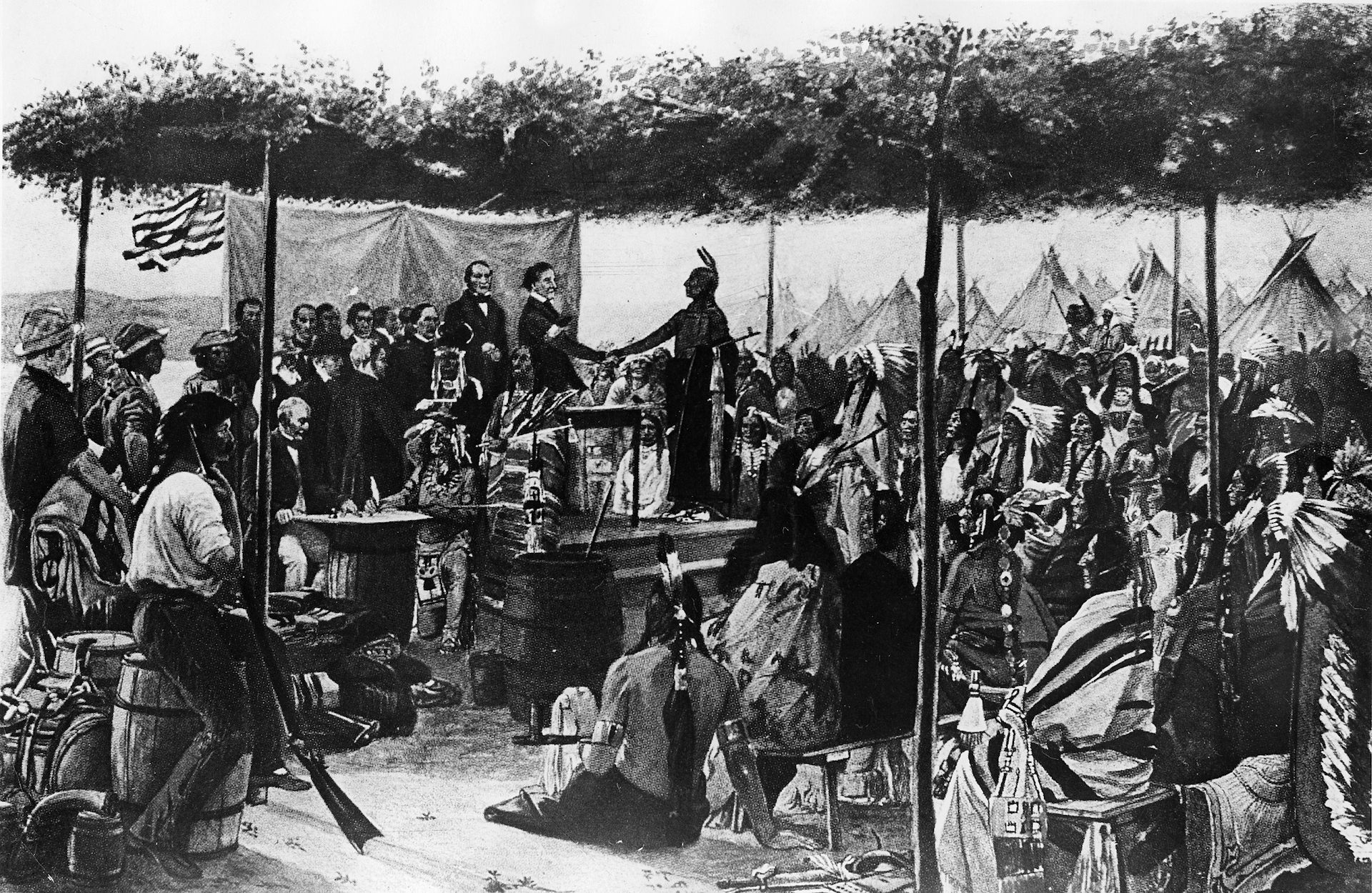Restoring the reputations of charities after scandals
Save the Children's reputation appeared to bounce back faster than Oxfam's after public perception of both groups soured around the same time.
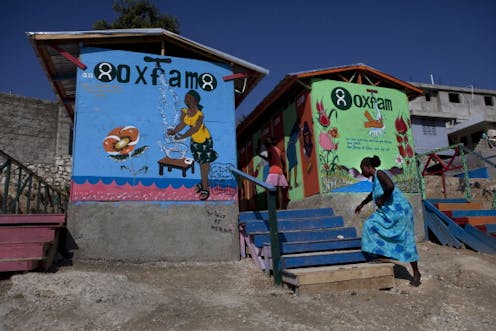
Like companies, schools and other institutions, nonprofits care deeply about their reputations. Good reputations can help them attract volunteers, funding and staff. Because the opposite is also true, revelations about bad or even illegal actions can have serious consequences.
We are two professors who study nonprofits. We teamed up with Rebecca Scurlock, a University of Chicago student of economic development, to see what happened to the reputations of Oxfam and Save the Children after news broke about employees of those two humanitarian aid groups allegedly being involved in sex scandals around the same time.
We looked at how Twitter users talked about these organizations before, during and after the scandals came to light, finding that the reputation of one of the groups bounced back faster than the other.
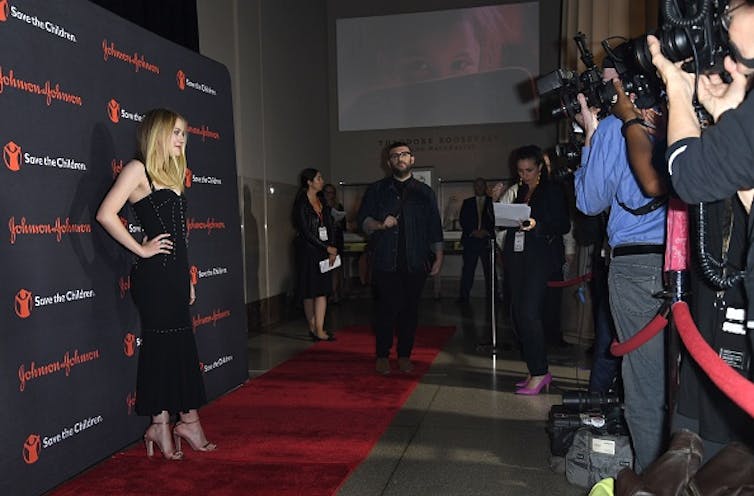
Oxfam and Save the Children
Founded in 1942, Oxfam is a global anti-poverty and aid group probably best known for its humanitarian work in low-income countries. Following the devastating 2010 earthquake in Haiti, Oxfam rushed to provide relief in the Caribbean country and also spent years helping with recovery efforts.
Eight years later, The Times of London reported on Feb. 9, 2018 that senior Oxfam staff working in Haiti held sex parties and hired prostitutes. The British newspaper also alleged that Oxfam’s top management covered up an internal report documenting these abuses.
More disturbing accusations followed, including allegations that Oxfam employees hired prostitutes in the African country of Chad.
The group itself later acknowledged its own misconduct.
Soon after, news broke about sexual misconduct by another global nonprofit, Save the Children, which helps kids around the world through nutrition, health care, education and resettlement.
The Daily Mail reported, on Feb. 18, 2018, on allegations of sexual harassment by Save the Children’s former policy director Brendan Cox in its London office. Then, the BBC reported additional allegations: that former Save the Children chief executive Justin Forsyth had sexually harassed female employees.
With Oxfam’s Haiti scandal, the U.K.’s Charity Commission, the body that oversees charities in England and Wales, opened a formal inquiry. Donations fell, corporations withdrew support, the U.K. government and the European Commission threatened to cancel their funding (US$44 million and $37 million respectively). The Haitian government kicked Oxfam’s British division out of the country.
In addition, celebrities such as South African Nobel Peace Prize winner Desmond Tutu and actress Minnie Driver stepped down as Oxfam’s ambassadors. Two years later, the group is still reeling financially.
The harassment allegations took a similar toll on Save the Children, which has acknowledged deep-rooted problems in its own culture.
Top officials of both groups resigned over leadership failures, and the British government investigated allegations of sexual misconduct among multiple aid groups and what those organizations were doing to root out these problems. Other groups that have faced similar allegations in recent years include Mercy Corps, World Vision, the Norwegian Refugee Council and Medecins Sans Frontieres (Doctors without Borders), as well as the United Nations’ refugee agency, according to Reuters.
This cascade of scandals has led to calls for change across the board. We believe that it’s also causing scandals to affect not just the reputation of the organization at their epicenter, but the reputations of related groups as well.
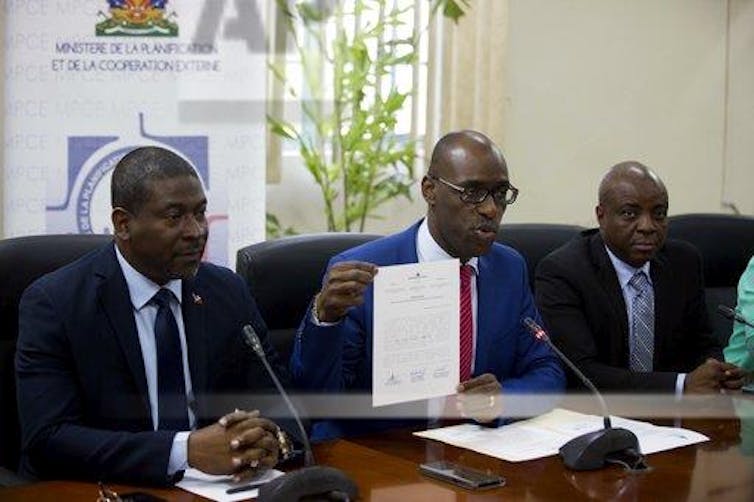
Measuring public sentiment on Twitter
Twitter is a social media platform used disproportionately by journalists, politicians and other “influencers” who play a big role in shaping public opinion. Its concise format makes it easy for opinions and campaigns to spread quickly.
Twitter’s role in shifting public opinion through the #BlackLivesMatter and #MeToo campaigns inspired us to study its effects on the public perception of charities.
To do this, we tallied the negative and positive tweets about Oxfam and Save the Children on a daily basis over about two months. Then we subtracted the percentage of negative tweets from the percentage of positive tweets to calculate what social scientists call a “sentiment gap.”
We measured this daily gap from two weeks prior to the news about the Oxfam allegations until six weeks later. To get a sense of what happened longer-term, we looked at tweets for a week-long period in August 2018 as well.
Because the number of tweets was huge, we used a random sample of a total of about 7,000 of them, ensuring that we had at least 30 tweets every day for both Oxfam and Save the Children.
We also looked for factors that appeared to repair the groups’ reputations.
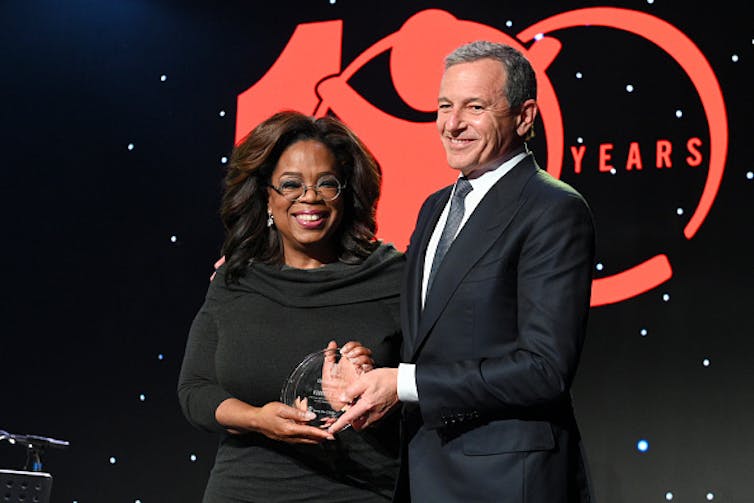
What happened
Oxfam’s sentiment gap averaged 75% during the two weeks prior to the Haiti exposé, meaning that the number of positive tweets about it far outweighed the negative ones.
That gap plummeted to minus 88% on Feb. 9, and it remained negative for several weeks. Sentiment fluctuated depending on whether there was more bad news about Oxfam, or, in contrast, any coverage highlighting its humanitarian work. Six months later, Oxfam’s reputation measured this way hadn’t fully recovered.
Save the Children’s sentiment gap averaged 73% until Feb. 9 – about the same as Oxfam’s. Because these groups belong to the same sector, the Oxfam scandal may have encouraged the public to suspect problems among all humanitarian nonprofits. That might explain why Save the Children’s sentiment gap shrank a bit on Feb. 9 without any bad news about itself breaking.
On Feb. 18, following allegations specifically about sexual misconduct involving Save the Children’s leadership, public sentiment about that group reflected in tweets began to sour far more. Its sentiment gap plunged to negative 43% on Feb. 20.
Changing the subject
There’s no one way to clean up tarnished reputations. But, as we explained in the academic journal Voluntas, changing the topic surely helps.
One good way for nonprofits to change the subject is by drawing attention to important causes connected with their work. For example, in the weeks following the initial expose about Oxfam staff allegedly engaging in sexual abuses, that group tweeted about the World Water Day.
Likewise, Save the Children tweeted about the need to protect Syrian children hurt by bombings.
The role of celebrities
Another way to do this is with some help from famous friends.
We found no examples of celebrities with large followings praising Oxfam when the Haiti sex scandal broke. In contrast, Save the Children received support from the world-famous Portuguese football player Cristiano Ronaldo, who has 82.4 million Twitter followers.
Singer-songwriter Camila Cabello, who has 10.7 million Twitter followers, also tweeted in support of Save the Children.
Unlike what happened with Oxfam, public sentiment toward Save the Children as reflected through Twitter had recovered to prescandal levels within six months.
To be sure, these scandals were vastly different in nature. It’s entirely possible that the public found Oxfam’s sexual abuses of people in low-income countries more repugnant than Save the Children’s sexual harassment incidents in the U.K. In that case, the damage to Oxfam’s reputation would have taken longer to recover no matter what else happened.
Nevertheless, we do believe that having celebrities keep praising Save the Children’s work following damaging revelations played a role in the relatively quick recovery of its reputation.
The authors do not work for, consult, own shares in or receive funding from any company or organization that would benefit from this article, and have disclosed no relevant affiliations beyond their academic appointment.
Read These Next
White men file workplace discrimination claims but are less likely to face inequity than other group
Research shows that white men who file discrimination charges experience employer retaliation at similar…
OpenAI has deleted the word ‘safely’ from its mission – and its new structure is a test for whether
OpenAI’s restructuring may serve as a test case for how society oversees the work of organizations…
Green or not, US energy future depends on Native nations
Native American lands contain 30% of the nation’s coal, 50% of its uranium and 20% of its natural…




